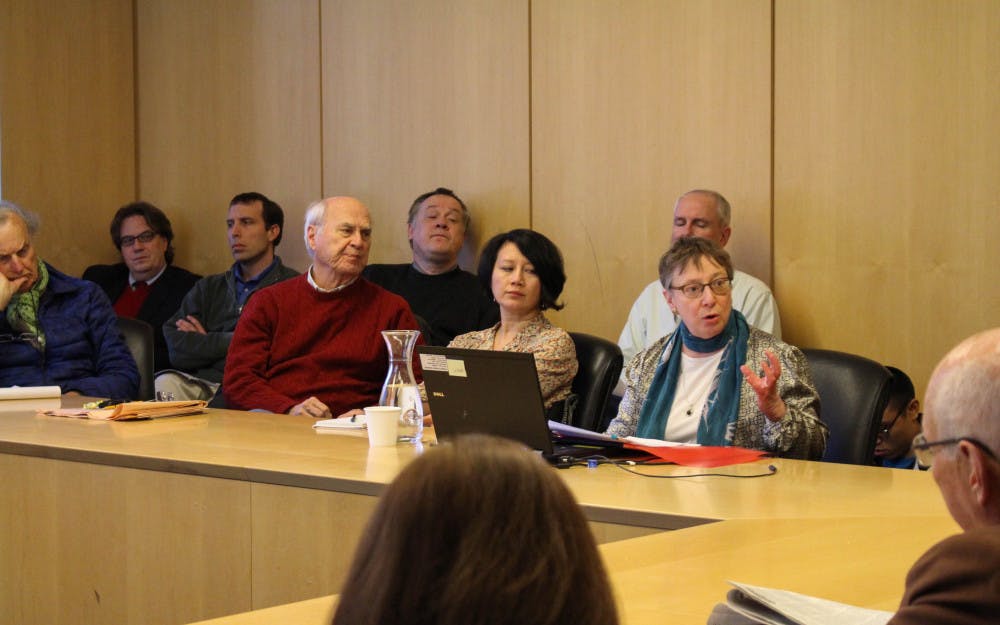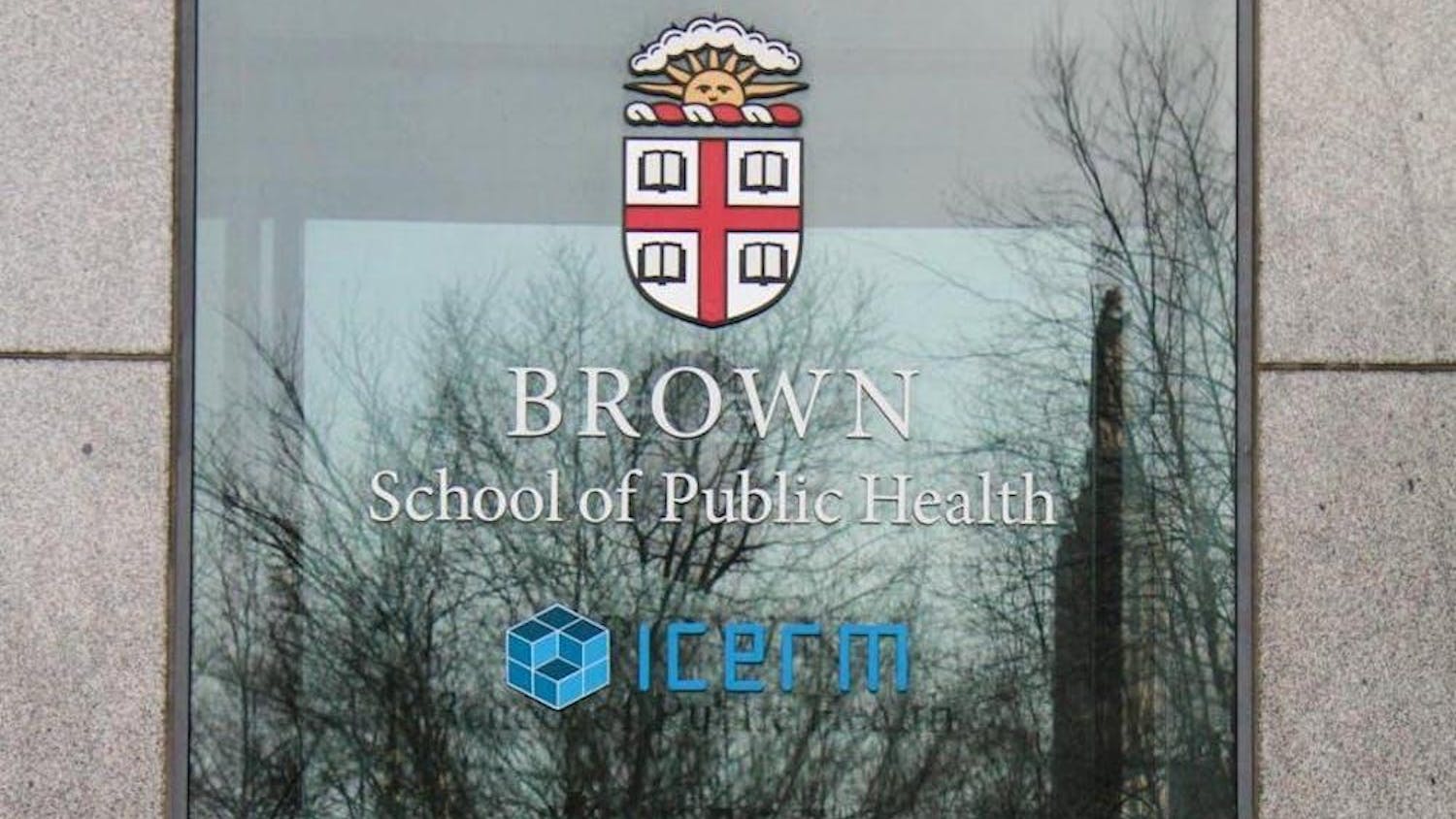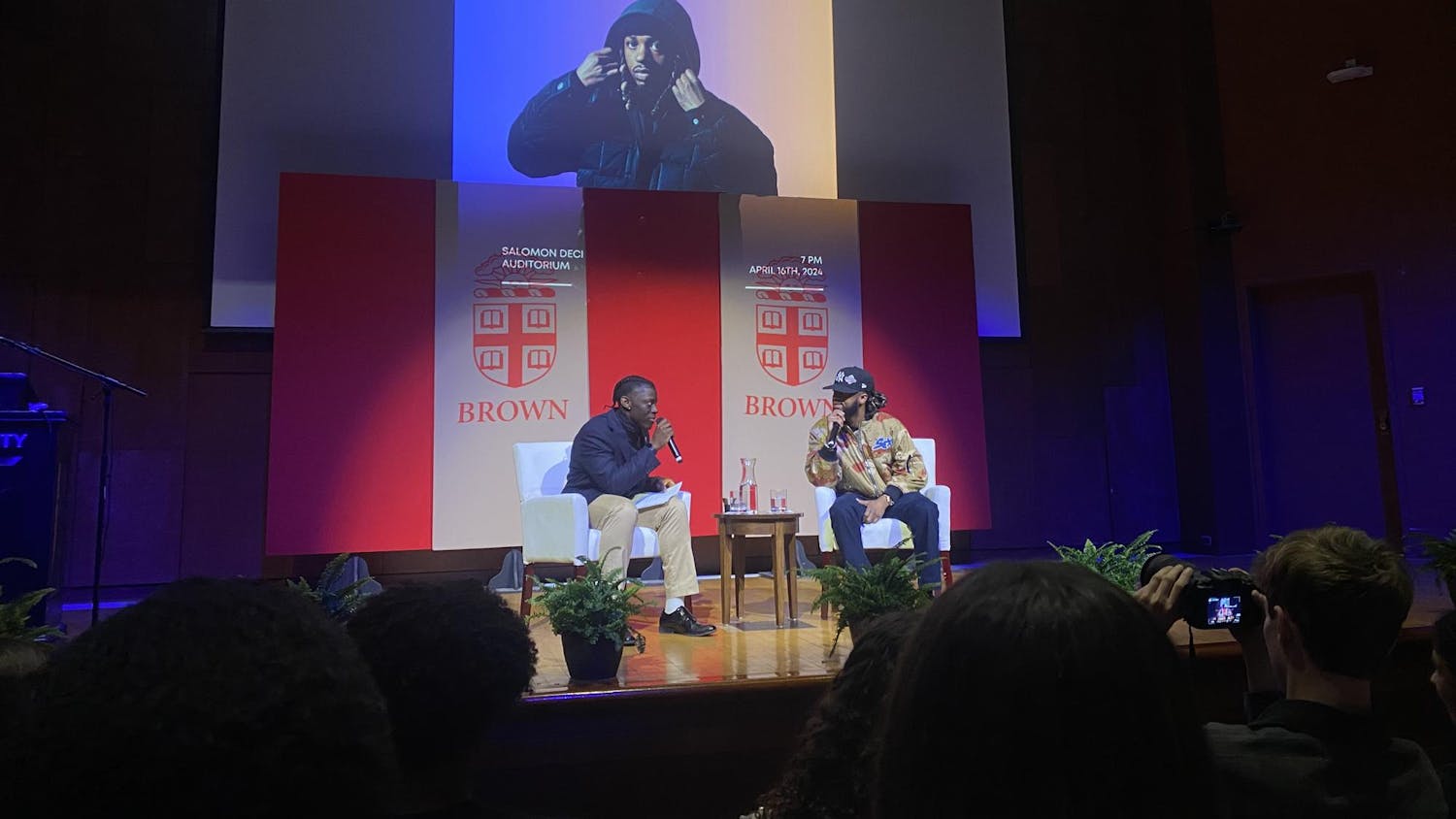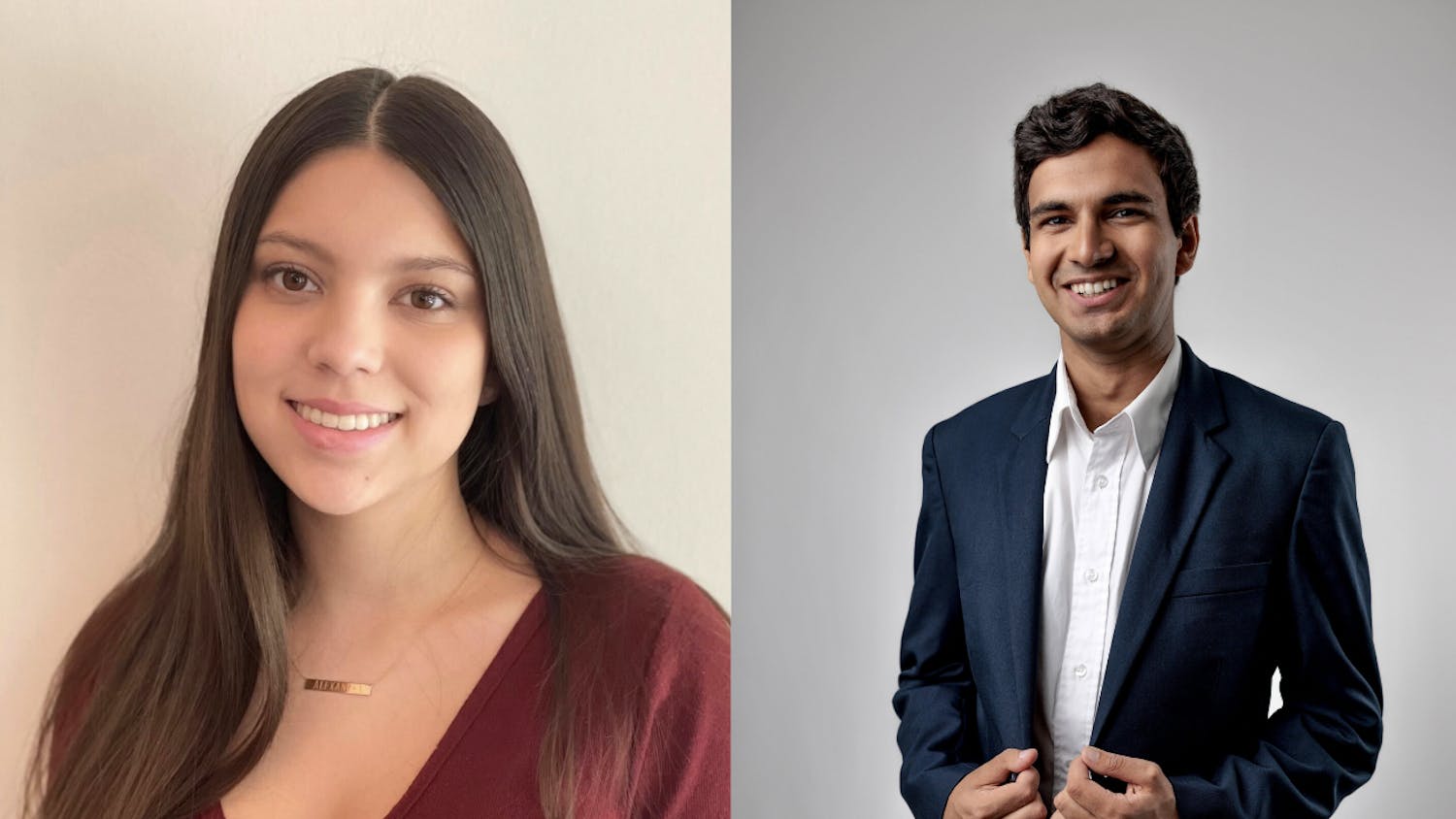Providing a broad picture of the Putin regime and the Russian populace’s feelings about it, “Vladimir Putin’s Time of Troubles?” a lecture given yesterday by Linda Cook, professor of political science and Slavic studies, addressed the American public’s fragmented understanding of contemporary Russia, she said.
The lecture drew about 75 attendees, many of them University faculty, and focused primarily on Russian government propaganda and its effects.
Cook, who spent December in Russia, shared conversations she held with staff members from various Moscow universities regarding the quality of their country’s journalism and media.
“People expressed contempt,” she said. “They viewed the media that’s coming from the government and from the regime as tendentious, as manipulative, as bad for their health, moral and physical.” In the media, the Russian government casts itself as a protector against terrorist threats and other forms of violence committed by foreign nations or groups, Cook added.
Russian citizens receive a message from the media that “has to do mostly with security and fear … (and) protection in a very hostile and dangerous world,” she said.
While propaganda inspires “a deep sense of alienation” in the well-educated, English-speaking academics she spoke to, Cook said that it seems to elicit support from most of the Russian populace. She added that Putin currently has an 82 percent approval rating.
An audience member who had previously lived and worked in Russia agreed with Cook’s assessment of the success of propaganda. Propaganda can effectively create “an alternative reality for a large part of the Russian population,” he said. “Even more important is its ability to burn out any potential political competition.”
Putin’s popularity stems not only from propaganda but also from the welfare and social support that he offers to prominent sections of the Russian electorate, Cook said. Even in times of economic recession, Putin has managed to continue payments to pensioners, who make up around a third of the electorate. General cuts to spending have “become inevitable, but there’s still efforts to protect key constituencies” such as pensioners, Cook said.
Putin’s political party, United Russia, plays an important role in his power because it exercises control over elections and is willing to repress dissent, Cook said.
“Looking at other electoral, authoritarian regimes, one of the things we do know is that elections are risky,” she said. “Elections become potentially dangerous times for leaders because they open up the possibility for a challenge.”
Following the 2011 elections, educated young professionals held large-scale demonstrations against election fraud, Cook said. The protests were repressed and participants were fined or arrested.
“The people who are defecting and are dissatisfied are not marginal people or dissidents,” Cook added, emphasizing that “people who are very well-educated in social sciences and politics” and who “advise the government” often form the primary opposition to Putin’s regime.
But many citizens support Putin because of his “more aggressive foreign policy and power assertion,” Cook said.
A Russian audience member who generally agreed with Cook added that another group of intellectuals resists Putin for different reasons. They perceive him as weak and support a more forceful and nationalistic form of foreign policy, he added.
Miriam Hinthorn ’16 said she appreciated this audience member’s alternate perspective because it demonstrated how American researchers like Cook who visit Russia tend to have a different takeaway than citizens of the country. The Russian residents whomresearchers interview and speak to are often pro-Western intellectuals, she added.





